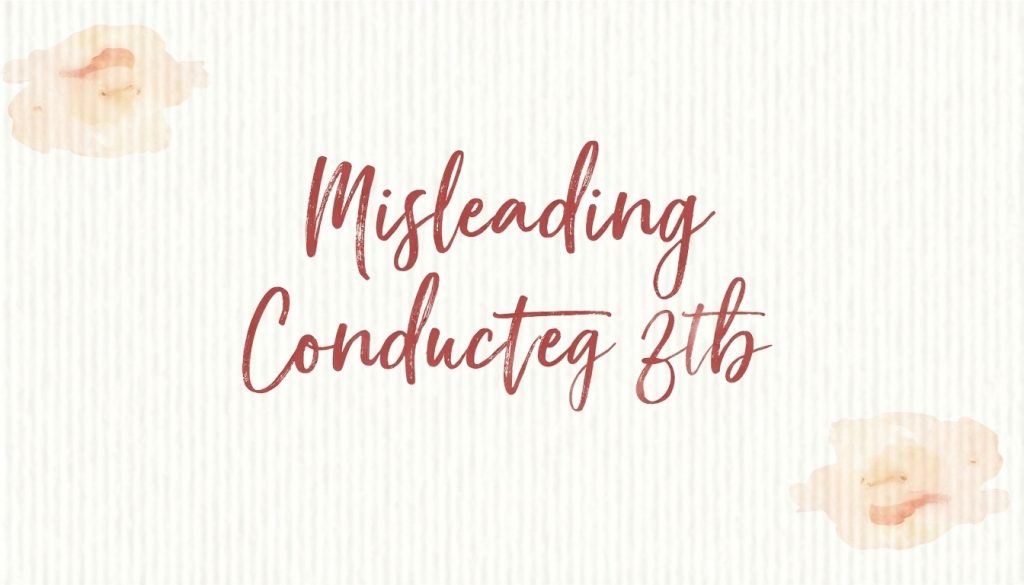Consumers face many examples of misleading conduct in everyday life that can seriously impact their choices. Take health claims like Red Bull’s “Gives You Wings,” which suggest enhanced concentration without scientific backing, leading to hefty lawsuits. Or consider Skechers Shape-Ups, promising weight loss with no real evidence, resulting in a $40 million settlement. Product misrepresentations also abound; for instance, the Whopper advertised larger than its actual size has led to ongoing legal challenges for Burger King. Additionally, hidden fees or false comparisons muddy the waters further, like when TurboTax’s “free” services were anything but for many users. Being aware of these practices can help protect you from falling victim to misleading advertising.
Table of Contents
- Frequently Asked Questions
1.1. What are some common examples of misleading conduct I might see every day?
1.2. How can I tell if something is misleading or truthful?
1.3. Why is it important to recognize misleading conduct?
1.4. What should I do if I encounter misleading conduct?
1.5. Can misleading conduct have legal consequences?
Frequently Asked Questions
1. What are some common examples of misleading conduct I might see every day?
You might come across misleading conduct in advertisements that exaggerate the benefits of a product, or in social media posts where influencers don’t clearly state they are paid to promote a brand.
2. How can I tell if something is misleading or truthful?
Look for clear evidence, like facts, figures, or trustworthy sources. If a claim seems too good to be true, it probably is.
3. Why is it important to recognize misleading conduct?
Recognizing misleading conduct helps protect you from scams, enables informed decisions, and supports ethical practices in business.
4. What should I do if I encounter misleading conduct?
You can report it to relevant authorities, leave reviews, or share your experience with others to raise awareness.
5. Can misleading conduct have legal consequences?
Yes, misleading conduct can result in legal actions, including fines or bans for businesses that engage in deceptive practices.
TL;DR This blog post discusses various everyday examples of misleading conduct, focusing on misleading health claims like those made by Red Bull and Skechers, as well as misleading product representations from companies like Volkswagen and Tropicana. It explores false advertising practices, deceptive comparisons, and general misleading tactics such as incorrect pricing and visual deception. Awareness of these practices is essential for consumers to protect themselves from false advertising and understand the potential consequences brands face for engaging in such conduct.
